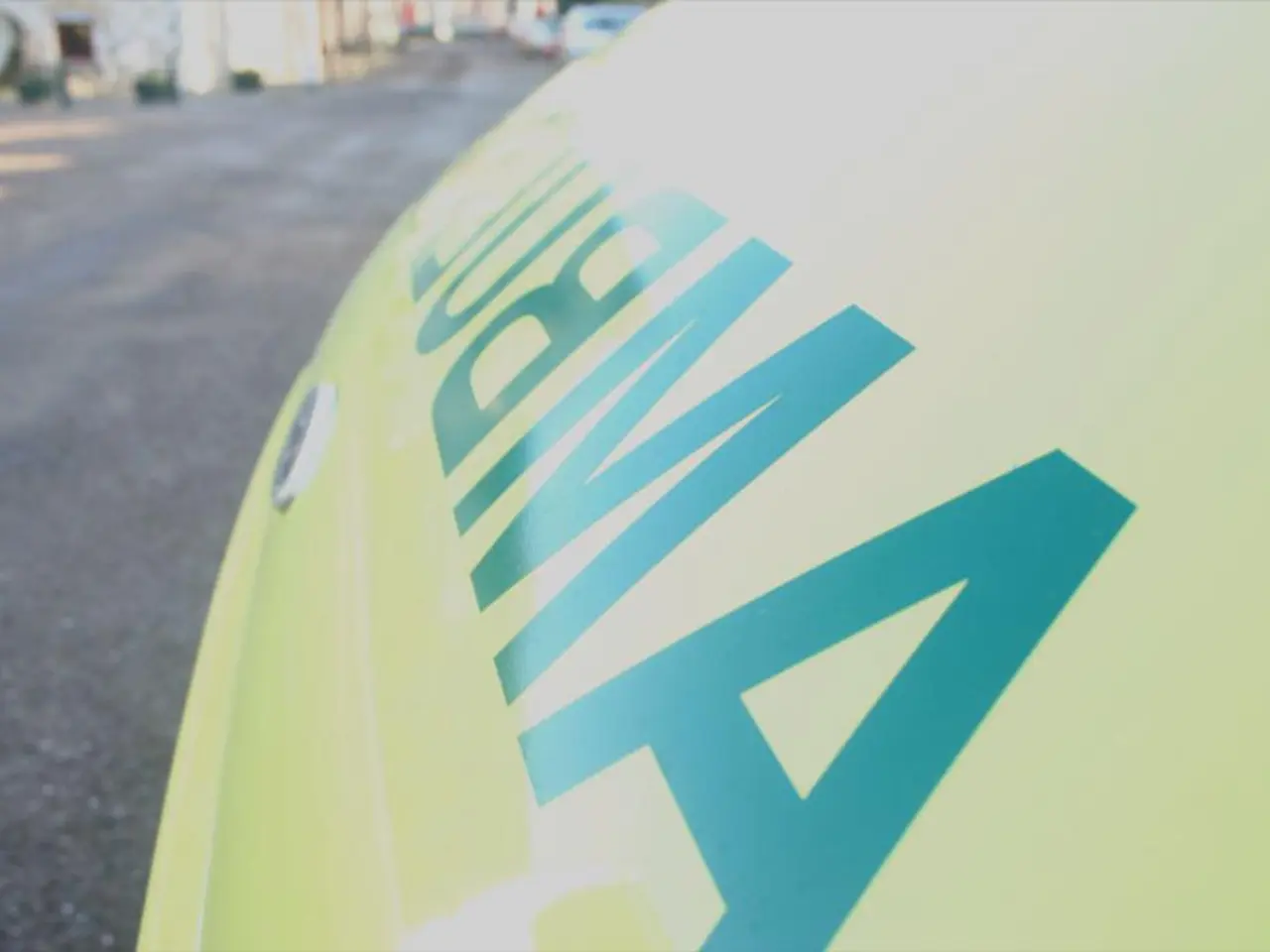Aciturri Takes the Helm of H2ELIOS Undertaking to Increase Hydrogen's Role as Jet Fuel
The H2ELIOS project, a groundbreaking initiative in the field of aviation, is set to demonstrate the potential of integrating structural hydrogen storage tanks in aircraft. This ambitious project is a part of the Clean Aviation Joint Undertaking, a European public-private partnership that pushes aeronautical science beyond its current limits.
The Clean Aviation Joint Undertaking serves as a hub for new ideas and bold innovations within the aeronautical community, Small and Medium Enterprises (SMEs), research establishments, academia, and more. Aciturri, a leading company in the aerospace sector, has been entrusted by the Clean Aviation Joint Undertaking, co-founded by the European Union, to lead the H2ELIOS project.
The H2ELIOS project is backed by an advisory board consisting of industry giants such as Airbus, Linde, Lufthansa Technik, Iberia, Honeywell, ENERSENS, INECO, and Cryospain. Ester Porras, Engineering and Technology Director at Aciturri, stated that the development of technological solutions for hydrogen storage is a step forward in their commitment to a clean industry.
The project collaborates with Aciturri together with partners including Pipistrel Vertical Solutions and the Universitat Politècnica de Catalunya (UPC). The objective of the H2ELIOS project is to manufacture and test a demonstrator of a liquid hydrogen tank for aviation with a storage capacity of up to 150 kg.
The H2ELIOS project is one of twenty proposals selected in the first call of the European Clean Aviation programme. The tank solution to be developed in H2ELIOS will be compatible with propulsion systems based on fuel cells, hydrogen combustion engines, or any kind of hybridization between these and current propulsion systems.
Hydrogen has been identified as one of the main alternative fuels to eliminate CO2 emissions into the atmosphere during flight operation. The H2ELIOS project is part of the European Union's efforts to transform aviation towards a sustainable and climate-neutral future. The project is funded with a budget of 12.1 million euros and is supported by the European Union Aviation Safety Agency (EASA) for airworthiness and certification.
The Clean Aviation programme aims to develop technologies that will contribute to the decarbonisation of the aviation industry. The Clean Aviation Joint Undertaking operates at the center of a broad and diverse eco-system of players across Europe. Several companies, research centres, and universities are participating as partners in H2ELIOS, including Alestis Aerospace, Piaggio Aerospace, Pipistrel, Test-Fuchs, APPLUS, AIMEN, Fraunhofer, CIRA, NTNU (Norwegian University of Science and Technology), University of Patras, Universitat Politècnica de Catalunya, and EASN (European Aeronautics Science Network).
The H2ELIOS project aims to reach a TRL5 maturity level (technology validated in an industrially relevant environment) by 2025, paving the way towards the EU's ambition of climate neutrality by 2050. The Clean Aviation Joint Undertaking is the European Union's leading research and innovation program for a sustainable and climate-neutral aviation future.
Read also:
- Peptide YY (PYY): Exploring its Role in Appetite Suppression, Intestinal Health, and Cognitive Links
- Toddler Health: Rotavirus Signs, Origins, and Potential Complications
- Digestive issues and heart discomfort: Root causes and associated health conditions
- House Infernos: Deadly Hazards Surpassing the Flames








